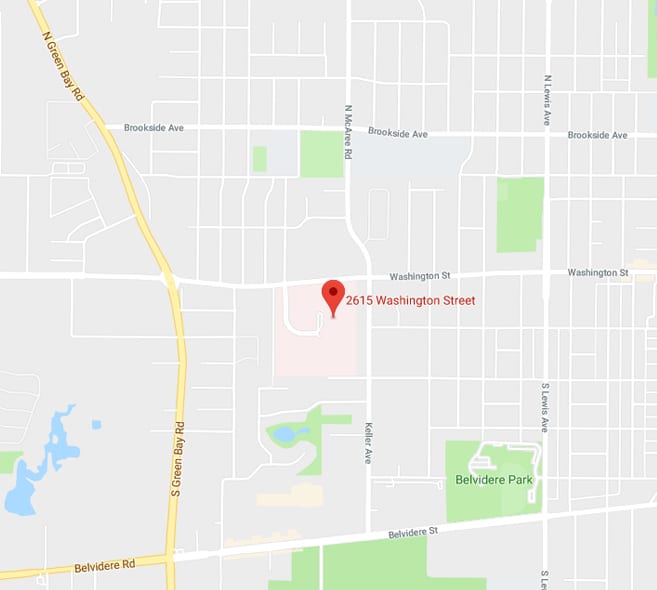Striving for Feelings of Gratitude
By Dr. Charla Waxman BS, MBA, EdD
During this tumultuous year, it may be difficult to think about feelings of thankfulness and gratitude. There is no question; it has been a rough year. A year filled with many anxiety-producing situations, many of them that directly affected us, yet were seemingly out of our control.
There is a solution to feelings, but not always to the things that cause them; but feelings can be managed. There is real science behind striving for feelings of gratitude. Research at Harvard, Yale, and even the US Army among countless other medical and psychiatric settings, all point to how being thankful and finding gratitude, especially during tough times, offers improved thinking, focus, and physical health.
Gratitude on a daily basis, not just occasionally or if something great happens, is the key. Look for the little things: be thankful for a bird feeder full of birds to watch, a great tasting treat, or even having a short drive-thru line at your local coffee shop. Taking the time to journal gratitude moments and to get in the gratitude habit can significantly increase physical and mental well-being and overall life satisfaction.
Tap into gratitude and make it work for you. Start the practice of gratitude now and keep it going! Encourage others to do the same. It works!
- Go back in time. Remember the things in the past that made you smile. Think about old friends, holidays, activities, jokes and conversations.
- Be gratitude specific. Look for things in the present that make you feel grateful. Bring as much detail into your thought or writing as you can. “I am grateful for my friends” is great, but who and why are the extended questions that you should answer for yourself.
- Look around you. Are there things that you have not recognized as gratitude-producing? Be thankful for those things: things in your home, your neighborhood, your community and globally. Stretch your gratitude muscles.
- Schedule time for your new habit. Just like with any new habit or process, it can fall apart quickly without consistency. Maybe while your head is still on the pillow and before you put your feet on the floor, you can connect with a gratitude moment. Find other times in your day when you can add in gratitude.
- Tell someone else. Invite a friend, family member, or coworker to join in. The more the merrier! Listening to others will generate excitement about being grateful and help identify new things that define gratitude.
Many other ideas for gratitude habits are out there! Googling gratitude will provide a host of fun journals and many books to get started making gratitude work for you. Consider writing letters of gratitude to those who have made a difference to you. Start a gratitude box and put your written thoughts there once a day. Review them from time to time.
Whatever you are willing to do, make it happen. There really is science behind it. Being grateful; walking in gratitude can absolutely be life enhancing.
We know you are grateful for the times in your life when you have felt supported and cared for. At Lake Behavioral Hospital, it is our mission to provide care and support for those living with mental illness just when it is needed most. If you or a loved one need help 24/7/365, we are available to take your call. Contact us at 855-990-1900 for a free and confidential, level of care assessment.





